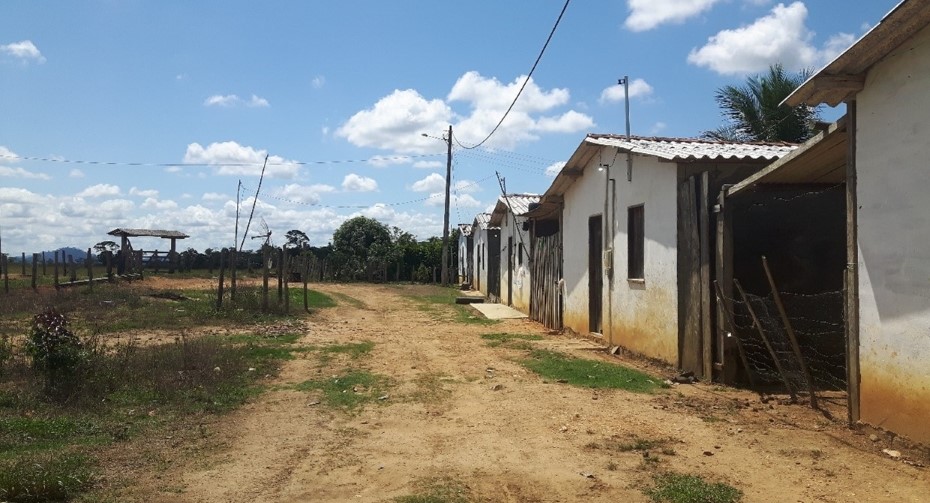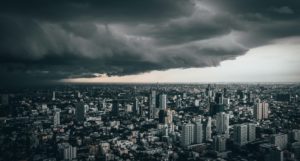Hopelessness and fear in the face of climate change leads to failure to adapt

The cocoa-producing region of Southern Bahia, Brazil. Credit: Dr Lucrezia Nava
Feelings of fear and hopelessness can lead agricultural producers to fall into ‘climate traps’ when attempting to combat the worse effects of climate change.
A study of 3,000 agricultural producers in the cocoa-producing region of Southern Bahia, Brazil, found the measures they were taking to reduce their risk from climate shocks such as severe droughts were more likely to increase their long-term vulnerability.
Combining four years of data with in-depth interviews, the researchers found that cocoa-producers with direct experience of climate change – specifically a severe drought – were unlikely to adopt adaptive strategies such as reforestation, which can protect water sources and help retain soil moisture.
Instead, they were more likely to use ‘maladaptive’ measures with the intention of building resilience but that in fact degrade ecosystems and increase long-term risks.
Such measures include switching from cocoa farming to pasture and cattle farming – an approach that could bring short-term income and stability, but which drives deforestation, as well as leading to greater water scarcity over time.
Interviews with the producers shed light on the findings, with many citing a sense of hopelessness that makes it more difficult to commit to solutions such as reforestation that take time to deliver results.
One farmer said: “We plant, replant and it dies. Plant, replant, it dies. There’s no rain! Everything we took care of, everything we watered, everything we did with love… it’s no use.”
The findings challenge research conducted in higher-income countries suggesting the more risk people perceive, the more likely they are to take protective action.
This can be explained through the emotional dynamics at play, with fear often leading people to focus on immediate needs – even if that means choosing practices that harm the environment and increase vulnerability over time.
One interviewee said: “The drought is a big worry in everything in life. It’s not finding something to drink, not finding something to eat – for food. Neither for us nor for the animals. That’s why we worry so much.”
The researchers have developed a framework to show how the experience of climate change reduces adaptive responses and increases short-term, maladaptive responses, when driven by feelings of hopelessness and fear.
Dr Lucrezia Nava, an Assistant Professor in Sustainable Business Management at the University of Exeter Business School, said: “We refer to these situations as ‘climate traps’ – self-reinforcing cycles where people’s perceptions and ecological damage feed into one another, making future vulnerability even worse.
“The concept is akin to poverty traps, but while poverty traps stem from socio-economic conditions, the climate traps identified in our research not only entrench economic inequality but also exacerbate ecological degradation, further deepening economic struggles.”
The research offers a deeper understanding of climate change adaptation in vulnerable contexts, and highlights the role of emotions like fear and hopelessness in shaping how decisions are made.
Dr Nava said: “To design effective interventions, we need to understand these emotional and psychological barriers and how they influence behaviour on the ground. That kind of understanding is essential if we want to support long-term resilience for the communities most affected by climate change.”
“Die now of hunger or later of thirst: Understanding climate change adaptation in vulnerable contexts”, is published in Strategic Management Journal.



